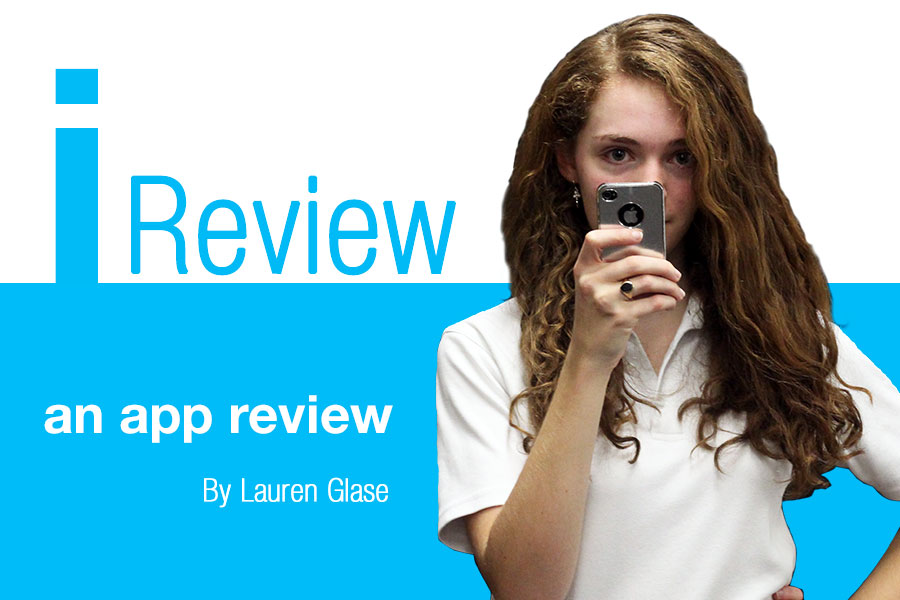iReview: Pillow can improve sleep, despite being unable to reach the bed
Scroll to unlock a review of the best and worst iPhone apps. Media Chief Lauren Glase explores the App Store, bringing you advice regarding the most popular and the most helpful apps around.
Pillow: the app that’s so easy, you could use it in your sleep. In fact, the only way to use it is to sleep.
I’m well aware, and know first-hand, that being a high school student and getting a good night’s sleep aren’t two things that typically go together. So I made it part of my nightly routine to activate Pillow: Smart Sleep Cycle Alarm Clock before going to bed.
The free app keeps track of your sleep cycle each night, let’s you know the quality of your sleep, and allows you to figure out what to do in order to get the best sleep you possibly can.
The app works through the night. You set your alarm on Pillow, set it to track your sleep cycle, plug your iPhone in to charge, and sleep. The app picks up on the sounds and movements that you make while you sleep and detects whether you’re experiencing light, deep, or REM sleep – that is, sleep during which your heart rate increases and you experience more movement.
Here’s the problem: my iPhone charger is under four feet long, making it physically impossible for my phone to be on my mattress where my sleeping movements and sounds will be best detected. So if you know where I can get an iPhone charger that’s long enough to span the six feet from my outlet to my bed, please notify me at once.
Lying next to my bed, my phone is able to determine light sleep from deep sleep, but my REM sleep has been a consistent 0%. According to webMD, an average of 20 percent of an adult’s sleep is spent in REM. So either my sleep pattern is consistently 99 percent deep sleep and one percent light sleep, or my phone is having a tough time picking up my true sleeping patterns.
Despite not being able to fully fulfill the function of the app, Pillow has other uses to help improve sleep. Every morning upon waking up you can keep track of your mood first thing in the morning – typically grumpy for me – in order to see what amount of sleep results in optimal morning mood.
Additionally, after tracking your sleep cycle for a while, Pillow is able to give recommendations for your best possible time to wake up for you to feel refreshed, rejuvenated, and ready to go take on the day.
If you still find it difficult to get the right amount of sleep at night, Pillow has three nap alarms. According to Pillow, power naps, lasting 20 minutes, are best for boosting alertness and energy. Recovery naps last 45 minutes and enhance memory and focus. Finally, full cycle naps, at 120 minutes, are ideal for restoration and relaxation.
While the app has its uses, its overall purpose barely functions. For those determined to improve sleeping habits, the app could be in keeping track of your routine and the free download is probably worth it. For those extremely determined, you can get the Premium app for $4.99 which offers personalized advice on sleep and more detailed sleep statistics.
All I was able to take away from the app was something that I already knew: I’m not a morning person.
Lauren Glase is the Media Chief for The Patriot and jcpatriot.com.



